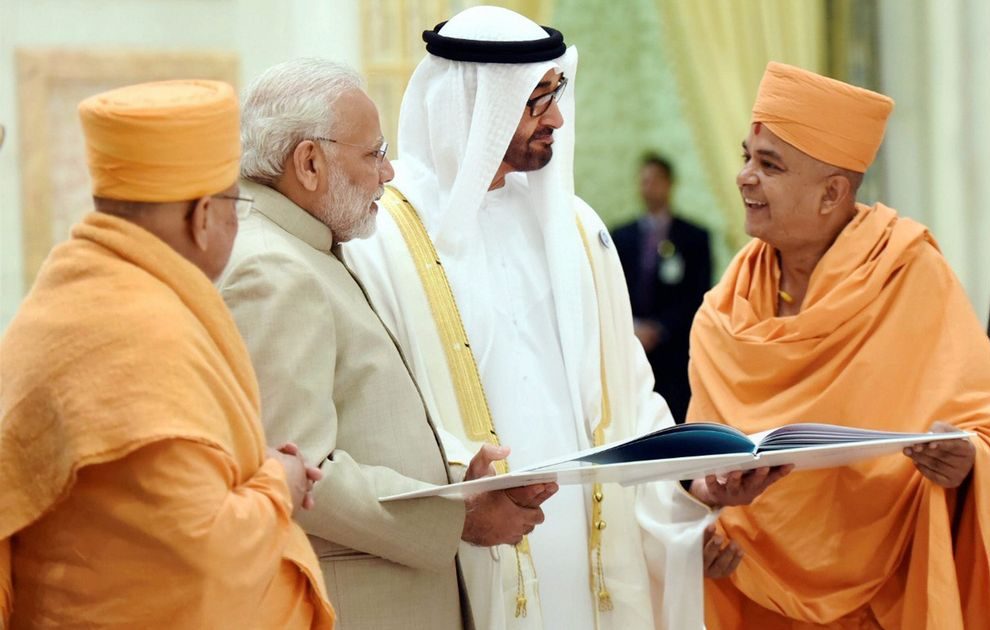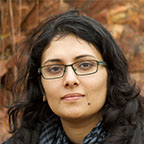
- 22 May 2018
[Arabia Asia] Of Oil, Cities and Gold: The South Asian Footprint in the Persian Gulf
(This event was organised by MEI’s Arabia-Asia Research Cluster, as part of its quarterly public talk series.)
Abstract
Oil, Islam and Arabs largely define the Middle East for most of the world. The Persian Gulf, comprising the wealthy GCC (Gulf Co-operation Council) is a significant part of this geopolitical landscape, now more than ever as players like Saudi Arabia and the UAE have begun to wield considerable economic and political influence in the region. Yet, if one looks at Dubai, one sees a different picture of the Middle East with Indian merchants and traders, mostly Hindus, as a significant presence. In a milieu largely of oil, these merchants operated with Dubai as their financial and operational base, creating an alternate economy around the trade in gold, textiles and consumer electronics and connecting the emirate with parts of India and other commercial centres like Singapore and Japan in Asia. As oil, gold and Asian urban networks met in Dubai, the city expanded steadily to rise to prominence eventually as a 21st century global metropolis in the Middle East. Dubai had seemed like an anomaly until oil prices began to slump and its neighbours forced by the not so promising future state of their economies to look at the emirate as a potential model for urban development. Abu Dhabi which had pursued an economic path radically different to Dubai’s for most of its modern history as an oil rich state, is slowly beginning to tap into this alternate economy and experiment with new strategies of growth associated with it. At the heart of Abu Dhabi’s strategy is a new diasporic generation of Indian business leaders and magnates who can serve as intermediaries and informal diplomats between states, particularly in Asia. In many ways, this is a reaffirmation of the Persian Gulf’s longstanding commercial and cultural ties with India and a strategy instrumental to shaping its internal politics as well as its external relations with other countries, particularly in the Middle East. Seen from Abu Dhabi’s perspective it is a project that brings economic benefits to the national economy while allowing the emirate to augment its political role of regional leadership in the Middle East.
About the Speakers

Research Fellow
Middle East Institute
National University of Singapore
Nisha Mathew is Joint Research Fellow at the Middle East Institute and Asia Research Institute, National University of Singapore. She received her PhD in History from the University of Witwatersrand, Johannesburg in 2014 where her research explored the methodological possibilities of Indian Ocean studies in the making of a contemporary urban space as Dubai. She is currently working on her book titled “24 Carat Cities: Gold, Smuggling and Mobility in the Western Indian Ocean”. It tells the story of Dubai’s rise to prominence as a 21st century global city with gold as the protagonist.
Event Details
Block B, 29 Heng Mui Keng Terrace
Singapore 119620




